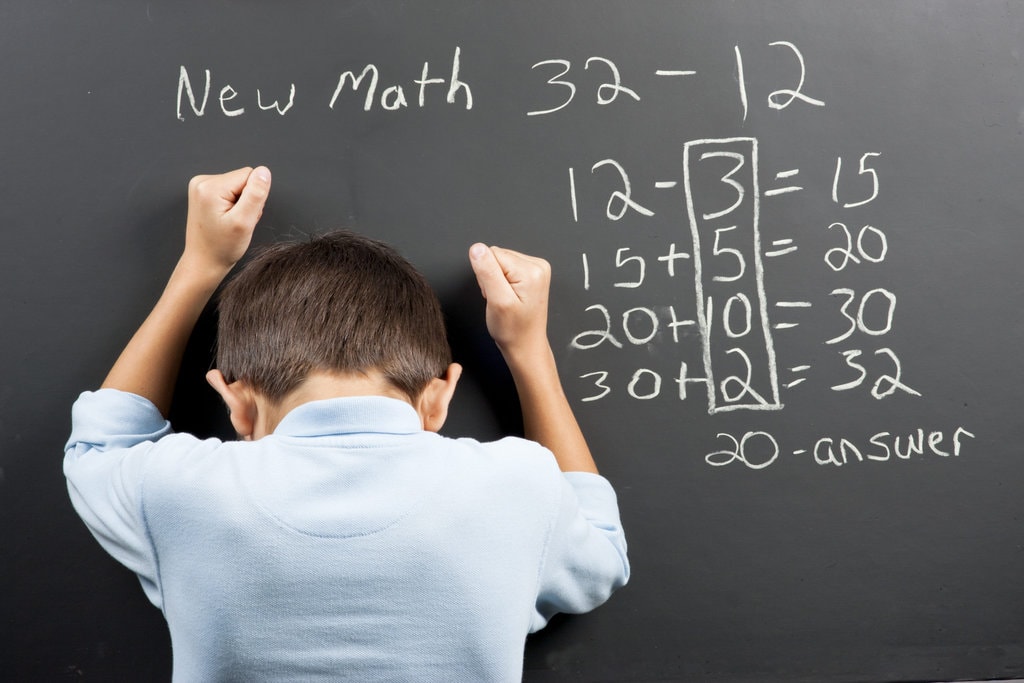Researchers have long suspected that music can enhance the learning experience. This study reinforces the idea of incorporating music into math lessons, which can have a transformative impact.
The Harmony of Music and Math

By integrating music into math lessons, educators have discovered a powerful technique for enhancing children’s skills. One common approach involves rhythmic clapping to songs, learning numbers, and equating fractions to musical notes. This harmonious blend of music and math captivates students and facilitates understanding of mathematical concepts.
Unveiling the Benefits
The new analysis, featured in the journal Educational Studies, examined 55 studies involving nearly 78,000 students ranging from kindergarten to university age. Three types of musical interventions were analyzed – traditional music lessons encompassing singing, listening, and composition; instrumental training individually or as part of a band; and music-math integrated interventions, where music was seamlessly incorporated into the lessons.
Remarkable Improvements in Math Performance

Students who participated in music interventions demonstrated improvements in their mathematical abilities. However, the most notable progress was observed in students who experienced integrated lessons, with approximately 73% outperforming their peers with no musical intervention. 69% of students engaged in instrumental training, and 58% of those who had traditional music lessons also exhibited improvement compared to the others.
A Natural Connection
The study unveiled the connection between music and math, highlighting their shared attributes, such as symbol usage, symmetry, abstract thinking, and quantitative reasoning. The unique similarity positions music as an ideal tool for teaching arithmetic, as fundamental mathematical concepts like fractions and ratios are also essential to music.
Integrated Lessons – A Path to Success

The integration of music into lessons enables students to establish connections between the two subjects and provides additional opportunities for exploration, interpretation, and comprehension of mathematical concepts. The study suggests collaborative planning between math and music teachers could have even more positive outcomes, alleviating students’ math anxiety.